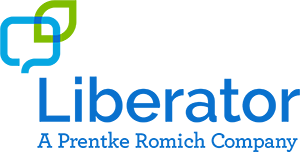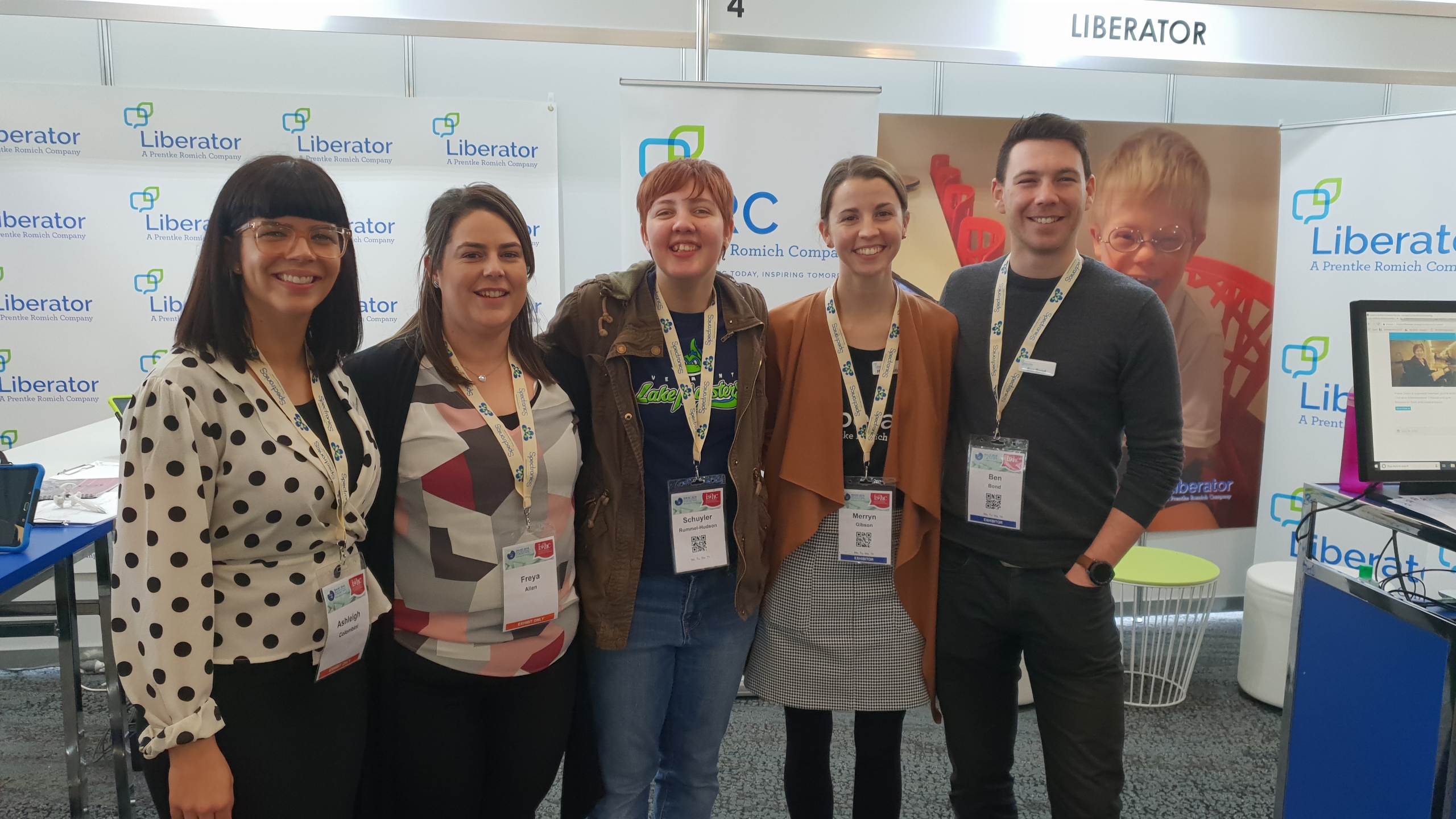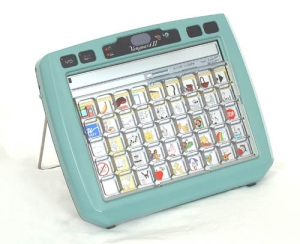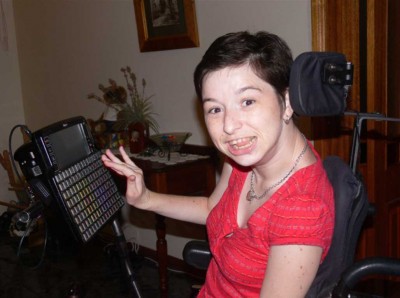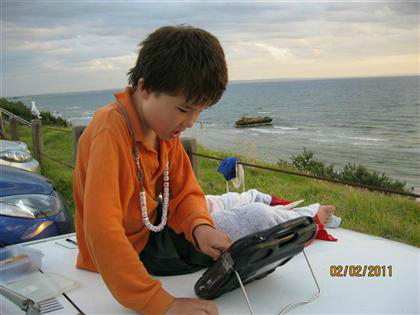Where do I start with AAC?

This question has plagued all speech pathologists and parents of children with AAC at one point or another.
The long answer that we won’t be discussing today is that AAC selection involves trial and error, a strength-based, client centred approach with a family and environmental mindset.
The short answer that we will be discussing is this:
You should start with the end in mind.
Easy to say, much harder to do and dare I say is something that is often forgotten.
Stephen Covey, author of The 7 Habits of Highly Effective People says that everything that is created is created twice. Once in the mind and once in reality. This is important in AAC because it provides us with a clear direction.
So why start with the end in mind?
Let me present you with two reasons:
- Prevents wasted time on inappropriate systems
The benefit of thinking like this is that it will force us to think through the question:
Will this AAC system enable someone to be a competent and novel communicator, to say whatever they want as quickly as possible?
From this, we can rule out many systems that won’t meet the long-term communication needs of individuals that require AAC. For instance:
- Does the system offer a large vocabulary?
- Does the system allow for all types of grammatical usage?
- Can someone say whatever they want?
- Can this system be used to communicate quickly?
- Can they use the system independently?
- Will this system grow with someone from a young age to adulthood and not significantly change?
These questions are important and need to be asked of every individual using AAC no matter their IQ, diagnosis or age – we want to presume they are competent when given the right structures and supports. If we don’t select a system that offers all the mentioned above characteristics then we are potentially limiting what they can achieve.
But! I hear you say, the person I am working with right now is not up to that so surely, I can start low on a “simple” system and then change them over later on.
This question destroys a little bit inside me whenever I hear it and it leads me on to the next point.
- Using multiple systems means starting new every time.
Have you ever decided to change your computer keyboard keys around on yourself? Maybe every couple of years you decide to get a bit hipster and completely re-organise where each letter is positioned on your keyboard? I don’t think you have because that would be totally absurd.
This is essentially what we are doing to our AAC users.
If we change what they use to communicate every few years we are making life incredibly difficult for them.
This includes starting at a simple low-tech to a complex low-tech system, it includes moving from low-tech to high-tech and it includes changing the grid sizes on a high-tech language system.
Best case scenario is to provide someone with a system that can stay the same from a very early language developmental stage all the way up to a competent and complex communicator.
And yes, these systems do exist.
There is a growing list of robust language systems out there. None more robust than the Unity or LAMP language system that caters for the earliest language users at a cause and effect, 1-hit level all the way up to competent communicators that use complex grammatical structures.
Want to know the best thing about these two systems? The words never change position from when they first start to 12 months later, to 5 years, to 20 years down the track.
Imagine the competent communicators your clients could be if you considered the end in mind from the very start.
Want to learn more? Check out the AAC educational section at: https://liberator.net.au/support/education or head to ExploreAAC.
